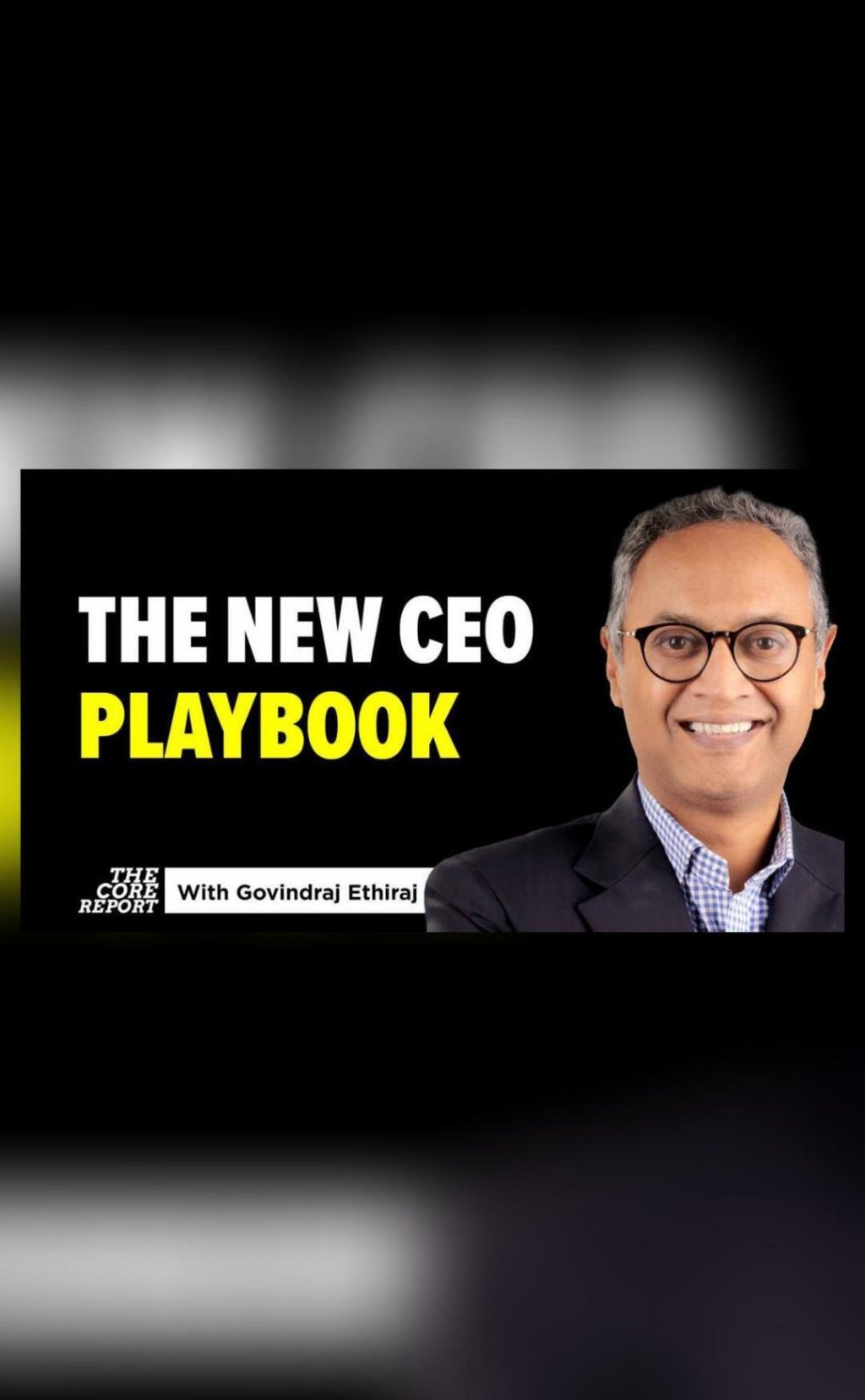
The New CEO Playbook: AI Pressures & Global Tariff Shocks
In a world where technological advancements and global economic shifts are unfolding at breakneck speed, CEOs are faced with the daunting task of navigating uncharted territory. The convergence of Artificial Intelligence (AI) and global tariff shocks has created a perfect storm that is forcing companies to rethink their strategy, operations, and very existence.
As the CEO of a global organization, the pressure to innovate and adapt is relentless. On one hand, AI is reshaping industries, forcing companies to automate and innovate to remain competitive. On the other hand, global tariff shocks are disrupting trade, creating uncertainty and unpredictability. With no guarantee of stability, businesses are being pushed to localize, adapt, and reconsider long-held business models.
In this new CEO playbook, we’ll explore the challenges and opportunities arising from AI pressures and global tariff shocks. We’ll examine the strategies that successful CEOs are employing to navigate this complex landscape and provide insights on how organizations can thrive in a world of rapid change.
The AI Revolution: A New Era of Innovation
AI is transforming industries at an unprecedented pace. From chatbots and virtual assistants to machine learning and data analytics, AI is enabling companies to automate processes, improve efficiency, and create new revenue streams. However, this technological revolution also poses significant challenges for CEOs.
To stay ahead of the curve, CEOs must invest in AI research and development, upskill their workforce, and develop new business models that leverage AI capabilities. This requires a fundamental shift in company culture, as AI adoption demands a willingness to disrupt and transform traditional ways of working.
Global Tariff Shocks: The Unpredictable Forces of Trade
Global tariff shocks, on the other hand, are creating a new era of unpredictability in international trade. The recent trade tensions between the United States, China, and other major economies have led to a surge in tariffs, quotas, and other trade barriers. This has created uncertainty for businesses, forcing CEOs to re-evaluate their global supply chains and reconfigure their operations to adapt to changing trade policies.
The impact of global tariff shocks is far-reaching, affecting everything from raw materials and manufacturing to logistics and distribution. To mitigate these risks, CEOs must develop contingency plans, diversify their supply chains, and invest in trade risk management strategies.
The New CEO Playbook: Strategies for Success
So, what strategies can CEOs employ to navigate the challenges of AI pressures and global tariff shocks? Here are some key takeaways:
- Invest in AI Research and Development: To stay ahead of the curve, CEOs must invest in AI research and development, upskill their workforce, and develop new business models that leverage AI capabilities.
- Diversify Supply Chains: To mitigate the risks of global tariff shocks, CEOs must diversify their supply chains, explore new markets, and develop contingency plans to adapt to changing trade policies.
- Localize Operations: With global trade policies in flux, CEOs must localize their operations, investing in local talent, infrastructure, and supply chains to reduce reliance on global trade.
- Embrace Digital Transformation: AI is transforming industries, and CEOs must embrace digital transformation, investing in digital technologies, and upskilling their workforce to remain competitive.
- Foster a Culture of Innovation: To thrive in a world of rapid change, CEOs must foster a culture of innovation, encouraging experimentation, and embracing failure as an opportunity for growth.
Conclusion
The new CEO playbook is clear: AI pressures and global tariff shocks are reshaping the business landscape, forcing CEOs to rethink their strategy, operations, and very existence. By investing in AI research and development, diversifying supply chains, localizing operations, embracing digital transformation, and fostering a culture of innovation, CEOs can navigate the challenges of this new era and emerge stronger, more agile, and more resilient than ever before.
Watch the news video:






